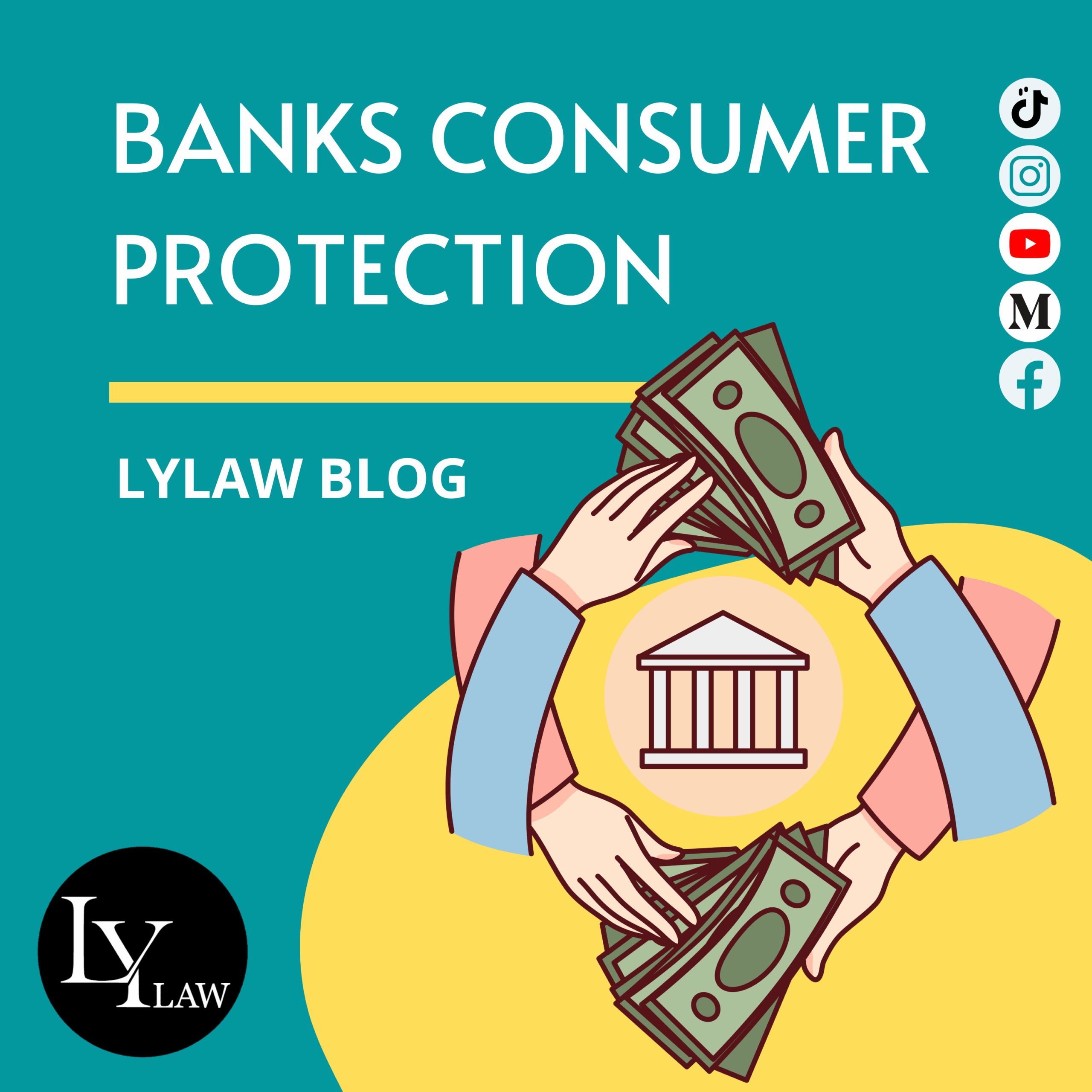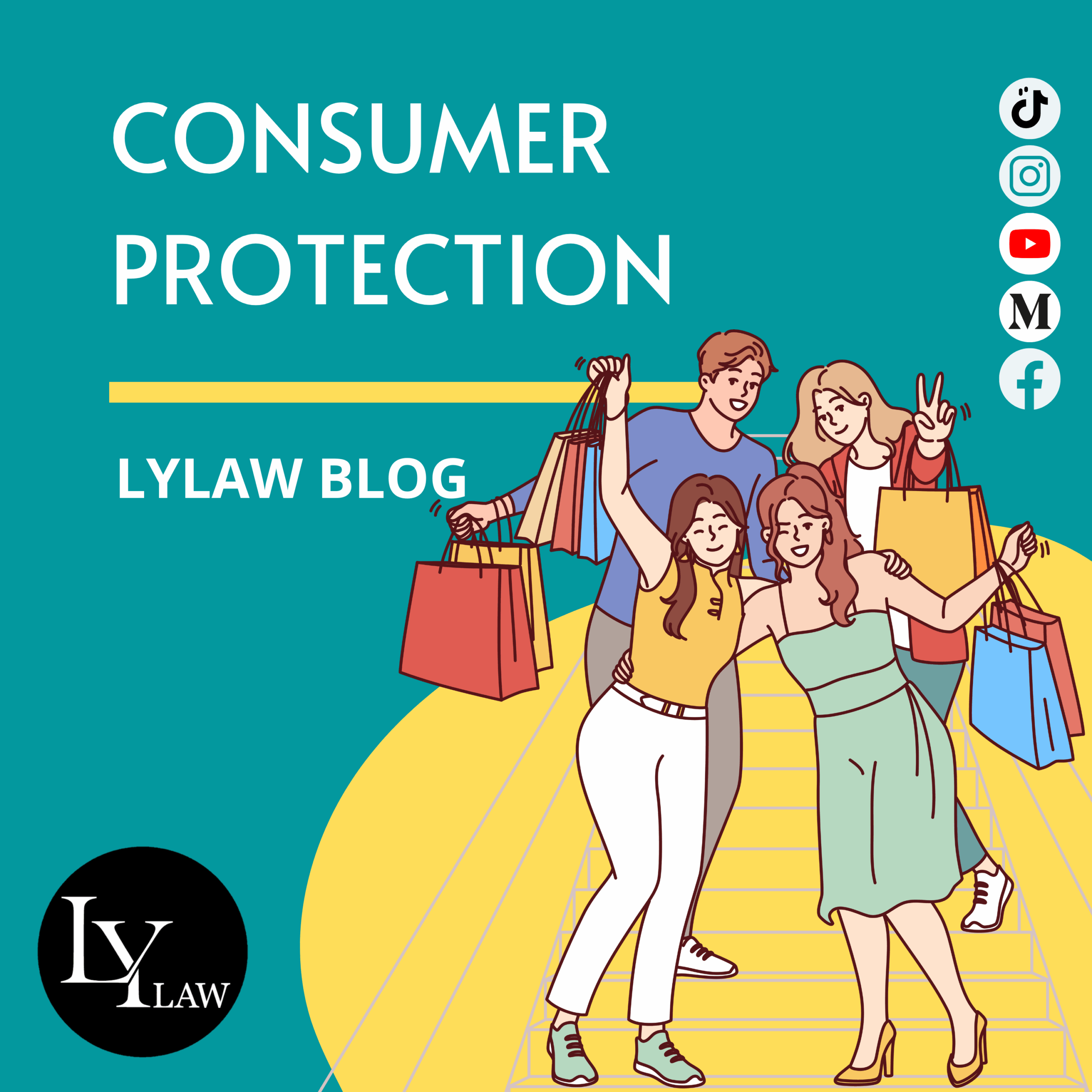Introduction
Financial hardship can happen to anyone — job loss, unexpected medical bills, or sudden market shifts. But what happens when you fall behind on payments? What protections do you have when banks or debt collectors start calling?
This article breaks down how the UAE protects consumers in the banking sector, what the Consumer Protection Regulation and Rulebook require from banks, and how you can seek help or file complaints if things go wrong.
Whether you’re a borrower under pressure or simply want to understand your financial rights in the UAE, this is your complete guide to the law — made simple.
Summary
The foundation of consumer protection in the UAE banking industry lies with the UAE Central Bank’s Consumer Protection Regulation (2020) and the Consumer Protection Standards and Rulebook (2021), which took full effect in 2023.
These aren’t optional guidelines — they’re binding obligations for every bank and licensed financial institution operating in the UAE. Together, they outline:
- What banks must do to treat customers fairly, transparently, and responsibly.
- What consumers are entitled to, including clear communication, privacy, and fair treatment.
- How disputes are resolved, particularly through Sanadak, the UAE’s Financial Ombudsman.
The Rulebook is built on seven principles:
|
Principle
|
Meaning
|
|---|---|
|
Fair treatment
|
Equal and respectful dealings with all consumers
|
|
Disclosure and transparency
|
Clear, complete, and honest information
|
|
Data protection
|
Safeguarding personal and financial data
|
|
Responsible lending
|
Avoiding loans consumers can’t afford
|
|
Complaints resolution
|
Clear, timely handling of grievances
|
|
Financial literacy
|
Helping consumers make informed choices
|
|
Market conduct
|
Promoting ethical, compliant financial behavior
|
In short — banks have duties, and consumers have rights.
Importance and Impact
These laws have reshaped the UAE’s financial landscape.
Historically, banks held the upper hand in consumer relationships. Today, that balance has shifted. The Central Bank now enforces accountability, transparency, and fairness, ensuring that banks act not as predators, but as partners.
For consumers, this means stronger protection and real recourse. You’re no longer left at the mercy of a bank’s discretion.
For banks, it raises the bar — demanding ethical conduct, transparency, and compliance at every level.
At its heart, this framework strengthens trust — the most valuable currency in any financial system.
Key Provisions
The Consumer Protection Rulebook covers every part of the bank-customer relationship.
What Banks Must Do
Banks in the UAE are now legally required to:
- Disclose all terms upfront, including fees, interest rates, and conditions.
- Avoid misleading advertising or hidden charges.
- Assess affordability before lending, to ensure borrowers aren’t over-extended.
- Maintain a proper complaints system, acknowledging and resolving issues within defined timelines.
- Protect client data from misuse or leaks.
- Treat customers in distress with empathy, not aggression.
They are expressly forbidden from coercive debt collection, and failure to comply is a direct breach of Central Bank regulations.
What Consumers Are Entitled To
Consumers have legally enforceable rights to:
- Honest information about financial products and risks.
- Respectful treatment from banks and agents.
- Privacy protection for their personal and financial data.
- Access to complaint channels, both internal and via the Central Bank.
- Freedom from harassment during debt recovery.
If your bank doesn’t resolve your complaint within the required period, you can escalate directly to the Central Bank’s Consumer Protection Department.
Clients in Financial Distress
Under Section 5.2.4 of the Rulebook, banks must support clients facing genuine financial hardship.
This includes:
- Debt counselling before or after default.
- Respectful communication, avoiding hostility or humiliation.
- Transparency in all restructuring terms.
- Full disclosure of new repayment fees or conditions.
- Written reasoning for any rejected repayment proposal.
Banks must proactively identify and assist struggling clients — not wait for them to fail.
Debt Collection Rules
Article 5.25 of the Consumer Protection Standards regulates debt collection with clear boundaries:
- No harassment or intimidation.
- No home or workplace visits without consent or a court order.
- Contact hours: between 9:00 a.m. and 8:00 p.m. only.
- No third-party data sharing without consent.
Collection agencies must identify themselves, act only under written authorization from a licensed bank, and provide proof upon request.
Penalties
Violating consumer protection laws isn’t just unethical — it’s criminal.
Under Article 450 of Federal Decree-Law No. 31 of 2021 (Crimes and Penalties Law): Anyone who, through threats, compels another to hand over money or property, faces imprisonment and fines.
If the threat involves defamatory or dishonorable claims, penalties increase.
Article 404 further criminalizes verbal or implied threats, punishable by up to one year’s imprisonment or a fine of AED 10,000.
The UAE Central Bank can also impose administrative actions, including:
- Monetary fines
- Public reprimands
- Corrective directives
- Revocation of licenses or management replacement
Reporting Consumer Protection Violations
If you’ve been harassed or unfairly treated by a bank or its agents, you have options.
- File a complaint with your bank’s internal system first.
- If unresolved, contact the Central Bank’s Consumer Protection Department through their official portal.
- For escalated disputes, approach Sanadak — the UAE’s Financial Ombudsman Unit.
How to File a Sanadak Complaint
Provide the following details:
- Your name, Emirates ID, and contact information.
- The financial institution’s details.
- A clear description of the issue.
- Proof of prior communication and rejection.
- The complaint or case number issued by your bank.
Sanadak will verify your claim, mediate between you and the bank, and issue a decision. You can appeal within 30 days, and banks must comply within 14 days of a final ruling.
How LYLAW Can Help
When it comes to banking and consumer disputes, legal guidance makes all the difference.
At LYLAW, our legal team has deep experience navigating UAE consumer protection laws, representing both individuals and businesses. Whether you’re facing aggressive debt collection, a rejected restructuring proposal, or unclear lending terms, we can:
- Review your loan and banking documents for legal compliance.
- Draft formal complaints and escalation letters.
- Represent you before the UAE Central Bank.
- Advocate for fair settlements and lawful treatment.
Contact LYLAW today to protect your rights and ensure your case is handled with precision and professionalism.



